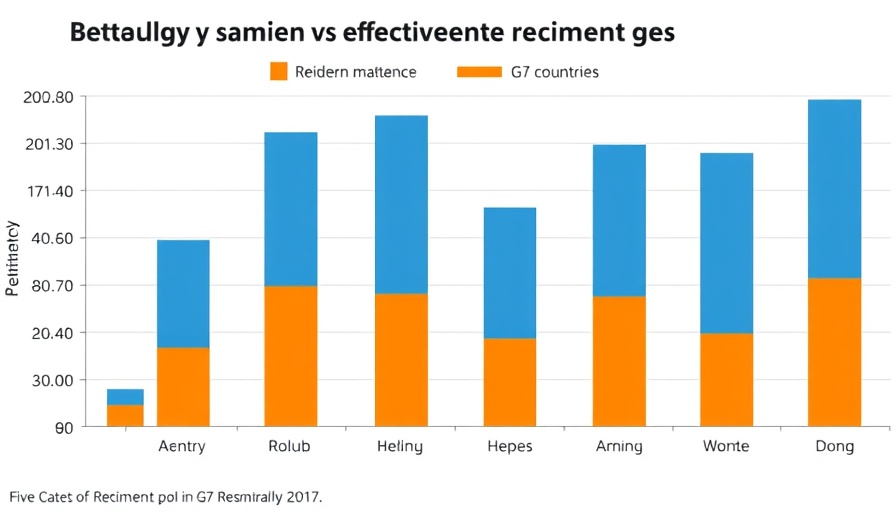
Unlocking Financial Wellness: A Path to Employee Engagement
In today’s fast-paced work environment, financial wellness transcends a mere paycheck; it connects deeply to employee purpose and retention. For CHROs, Chief People Officers, and VPs of Talent and HR, understanding this relationship is crucial. Studies indicate that when employees feel financially secure, their engagement levels spike, leading to higher productivity and reduced turnover rates.
Why Financial Security Matters
The correlation between financial wellness and employee retention is undeniable. Operational leaders and CEOs who prioritize financial health witness empowered teams that are not only committed to their roles but also exhibit loyalty towards the organization. Programs that address financial education and support demonstrate a company's investment in its workforce, enhancing morale and performance. Conversely, neglecting these needs may result in disengagement and increased turnover.
Innovative Strategies for Integrating Financial Wellness
An effective approach includes implementing budgeting workshops, offering financial counseling, and providing resources for savings and investment. These tools cater to diverse employee needs, transforming how they perceive their financial status and its impact on their lives. By addressing these aspects, businesses can cultivate a high-performance culture where every team member feels valued.
The Broader Implications
Understanding financial wellness as part of employee engagement fosters a more holistic view of leadership and workforce strategy. It encourages leaders to develop programs that not only address tangible financial health but also consider emotional and psychological aspects of employee well-being. As organizations adapt to changing workforce demands, financial security will remain a key pillar in talent attraction and retention strategies.
 Add Row
Add Row  Add
Add 




Write A Comment